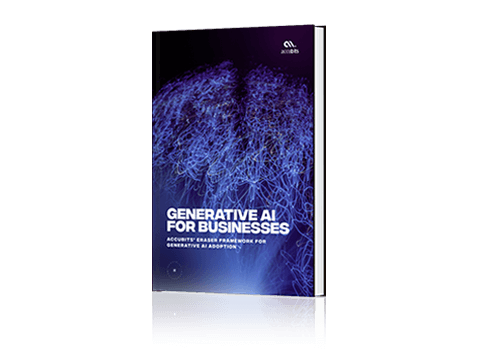Methodology
We only considered prominent and open-source program synthesis models to create this leaderboard. Note that this leaderboard can only be considered a high-level indicator of overall performance. Depending on the specific use case and business requirements, a low-performing model in this leaderboard may be more favorable than a high-performer. The key parameters used for the scoring are;
- Benchmark results
- Model forks
- Model stars
Capability Rating(CR) is calculated based on the average of the selected benchmark results(BR) published in the Model's research paper.
CR = Σ(BR)/COUNT(BR)
Adoption Rating (AR) is calculated based on Model forks (MF) and Model Stars (MS). Model Stars directly indicate the community's acceptance of the Model. However, the number of stars does not necessarily mean the Model is used for project implementations. Model forks can indicate community adoption of the Model for building different applications. To calculate the adoption rating, we calculate the ratio of MS vs. MF and normalize the value to 100.
AR = NORM(MS/MF)
The Model score is simply the average of scores Adoption Rating and Capability Rating.







